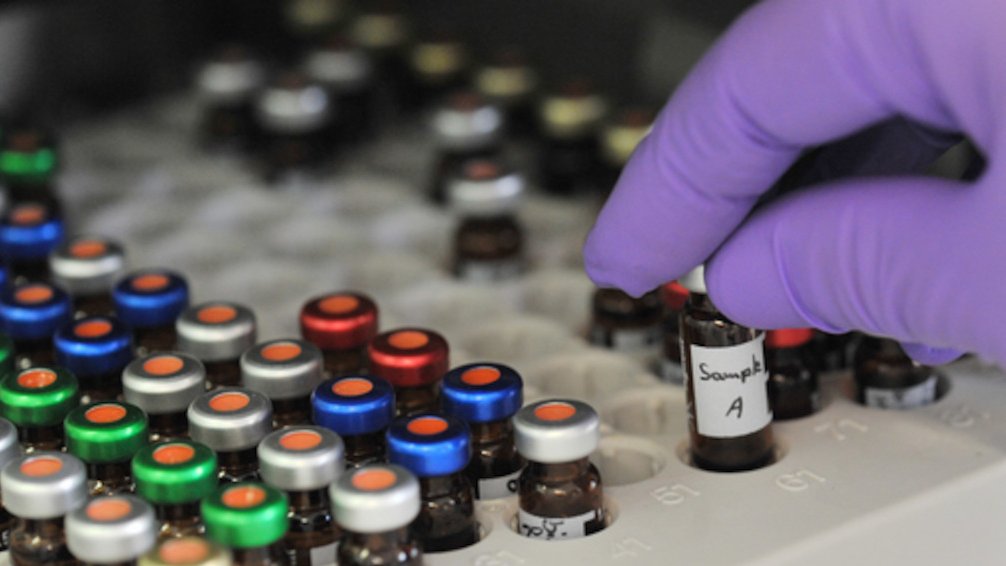Chemistry, Pharmacy
When industry develops new plastics, pesticides or medicines, the basic principles come from chemical-pharmaceutical research. Classical chemistry, on the other hand, deals with the structure, properties, composition and transformation of substances in general.

Overview of the academic discipline
Chemists deal with the structure, properties and transformation of substances. They analyse the composition of different compounds in order to produce new, non-naturally occurring substances through synthesis. Classical chemistry is dedicated to organic or inorganic compounds as well as phenomena that underlie chemistry, such as thermodynamics or the course of chemical reactions. Macromolecular chemistry (polymer chemistry) deals with the synthesis of new plastics.
Chemistry is essential in applications such as pharmacy, food chemistry and the chemical industry.
Which topics are included in the curriculum?
Chemistry degree programmes can be divided into the following categories:
- Degree programmes in classical chemistry impart scientific and practical knowledge in order to investigate chemical substances. One possible specialisation is molecular or polymer chemistry.
- Applied chemistry utilises scientific findings from chemistry for many areas of human needs. There are numerous transitions to process engineering and chemical engineering (see sections 3.2.23 and 3.2.4).
- Pharmacy deals with medicinal products and medical devices, their development, manufacture, testing and quality assurance. Pharmaceutical engineering deals exclusively with the manufacture of medicinal products.
- The subject of food chemistry is food and its ingredients. These are analysed with regard to composition, changes during storage and processing. Physical properties, such as colour or consistency, are also tested. Food chemistry also deals with additives, tobacco products, cosmetic products and food packaging.
What are the requirements?
In-depth knowledge of the following school subjects is a good prerequisite for a successful degree programme: chemistry, physics, mathematics, biology, English and Latin.
What study programmes are there to choose from?
In addition to traditional chemistry or pharmacy, you can also choose from interface degree programmes such as biochemistry or business chemistry.
Most Bachelor's degree programmes in chemistry are admission-free. Some universities require a relevant internship lasting several weeks prior to the degree programme. The pharmacy degree programme, which concludes with the pharmaceutical examination (state examination), on the other hand, is subject to nationwide admission restrictions. Applications are made via the application portal at hochschulstart.de.
What job opportunities are there after graduation?
Chemists primarily work in research departments in the chemical industry, for manufacturers of paints and varnishes, in the pharmaceutical and cosmetics industry and for manufacturers of fertilisers and pesticides. Companies in other branches of industry also come into question, in particular the paper, glass, ceramics, mineral oil, electroplating and similar industries. There are also job opportunities with authorities involved in the enforcement of environmental regulations. Many chemists work as freelance consultants, experts and in an advisory capacity.
Pharmacists work in public pharmacies, hospital pharmacies, health insurance companies and the pharmaceutical industry. Increasingly, pharmacists are also being considered as employers by companies involved in the biotechnology and genetic engineering-based development and production of medicines. Food chemists mainly work in the field of official food monitoring, in the food and beverage industry, the cosmetics industry and in food research. There are also employment opportunities at agricultural research institutes and as sworn experts.
